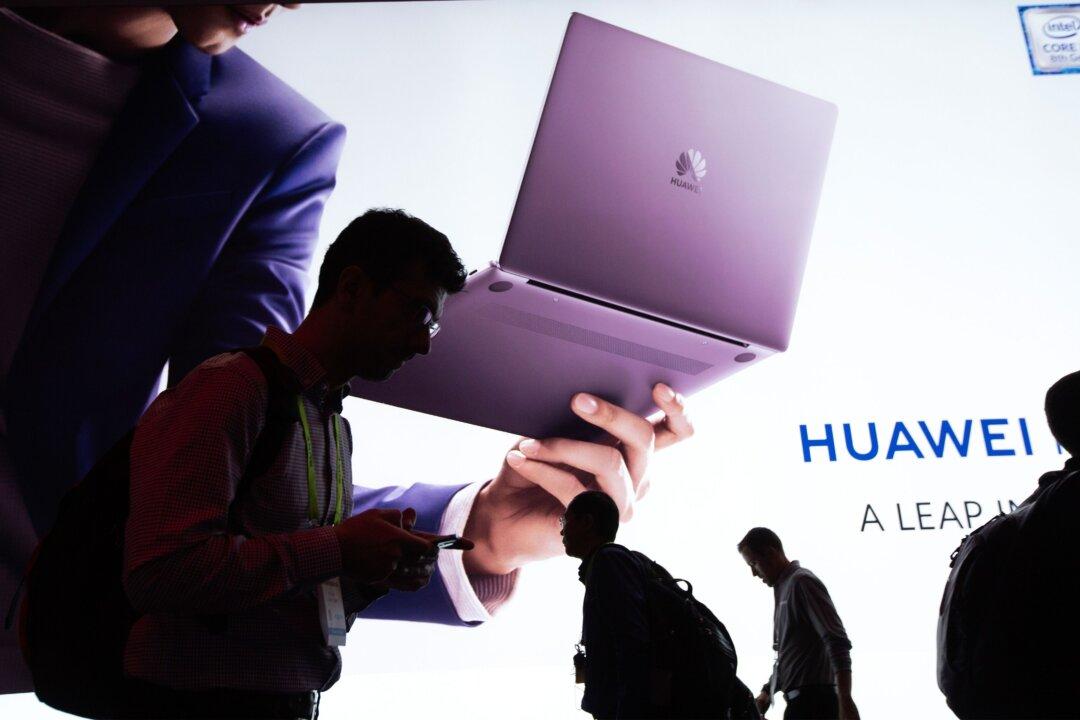While there is much scrutiny about Huawei’s role in communist China’s efforts to extend its influence worldwide, it’s less known that the telecommunications company may have provided assistance to Afghanistan’s Taliban regime, which supported Osama bin Laden and his terrorist attacks against the United States.
The Population Research Institute reported in September 2001 that the Chinese regime and suppliers played a key role in Osama bin Laden’s war on America, supporting the Taliban both in arms and techniques, the report said. Huawei allegedly made a major contribution to building telecommunications networks for the Taliban.





